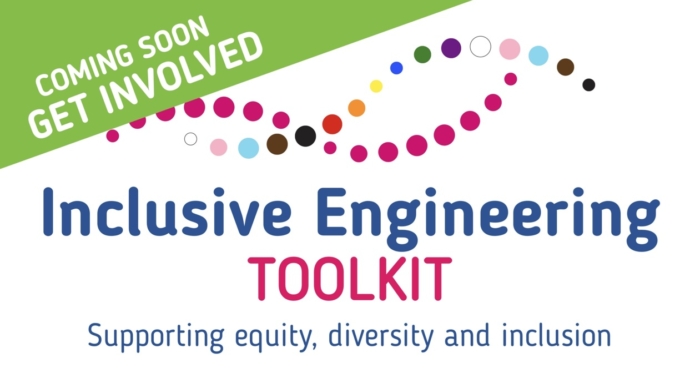Degree Apprenticeships Toolkit
We’ve pulled together a checklist of things for university departments to consider when proposing to get involved in degree apprenticeships. It’s still evolving so please do contact us if you have experience or advice you would like to add.
A key difference between conventional courses and degree apprenticeships is that the latter are intended to be employer led, and developed to meet explicit employer needs, with the university effectively acting as suppliers to the employer “customer”.
Nevertheless, as with any new development, it is essential that those universities and HEIs considering developing degree apprenticeship programmes do a full market research and consultation exercise with likely and potential employers. This exercise has the purpose of:
- Ascertaining interest;
- Determining numbers and take up;
- Engaging with the wider community in designing and delivering what is required;
- Developing a joint publicity and engagement strategy for the programmes intended.
There is also a major engagement effort required with schools and sixth form colleges in order to present what is proposed as a real alternative to post 18 entry to work or mainstream university study.
These programmes open up a whole new “market” for universities and so can’t really be evaluated in the same way as new proposal for a more traditional degree. The potential to open up wider relationship opportunities than might not immediately arise from “standard” degree offerings need to be taken into account too, for example.
Any views, thoughts, and opinions expressed herein are solely that of the author(s) and do not necessarily reflect the views, opinions, policies, or position of the Engineering Professors’ Council or the Toolkit sponsors and supporters.




